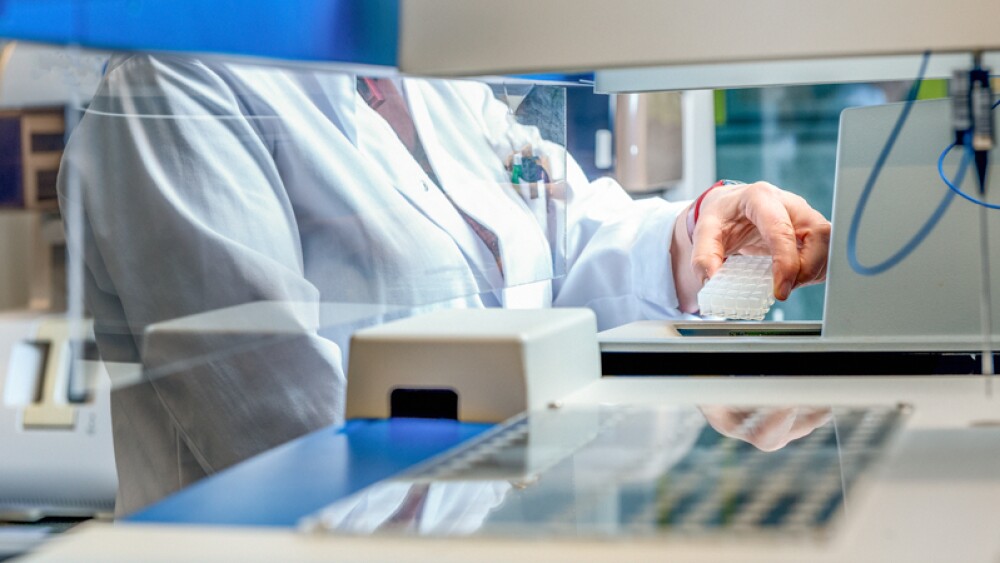April 17, 2017
By Mark Terry, BioSpace.com Breaking News Staff
The Readiness Acceleration and Innovation Network (RAIN) is a biotech incubator located in Tacoma, Wash. It has partnered with Madigan Army Medical Center, MultiCare Health System, the City of Tacoma, and the University of Washington, Tacoma.
RAIN’s chief executive officer and UWT professor David Hirschberg, told KIRO Channel 7 News, “In the 70’s, there was this energy in Seattle, and the 80’s, where these biotech companies emerged. And it was a lot of people with a lot of talent. And I think the conditions are right in Tacoma now.”
RAIN is a 501(c)(3) nonprofit collaborative medical and biotechnology incubator. Part of its mission is to create sustainable, high-paying jobs in the greater Tacoma area. Its goals are to develop, incubate and spin out innovative startups, create and commercialize medical and biotechnologies, create networks and collaborations between regional business, nonprofits, academia and government entities, and leverage the talent and diversity of Tacoma.
The center is two blocks from UW Tacoma on Jefferson Avenue, dubbed “the Wedge,” a 9,156-square-feet industrial facility. It includes biological lab space and equipment with storage room for private equipment, wet lab space, reagent and chemical storage, private office space, a shared workspace, boardroom, community meeting and event space, a large commercial kitchen for event or experiment rental, basic IT services, and office support.
Hirschberg notes that the incubator’s initial emphasis was on food. “Cheeses, breads, those are all biotechnology.”
In addition to its partnerships, its network includes IPStreet, a Northwest-based intellectual property analytic company, Accelement, which provides coaches, mentors and resources for startups, and Patent Action Forecast, a legal tech company.
As noted earlier, one of RAIN’s partners is the Madigan Army Medical Center. The goal is to bring together civilian subject matter experts from the private and academic sectors with military health care providers. Col. David McCune, a hematologist/oncologist, and a research consultant to the Regional Health Command-Pacific’s team, said in a story on the Command’s website “The idea of bringing more academic projects into the region could increase the number of publications from our graduate medical education programs at Madigan Army Medical Center and Tripler Army Medical Center in Hawaii, while providing the opportunity to enhance the professional careers of our clinicians who are interested in conducting clinical research.”
In August 16, 2016, RAIN received a $50,000 U.S. Small Business Administration (SBA) grant in support of its launch. Tacoma Mayor Marilyn Strickland said at the time, “This investment in Tacoma by the SBA will enhance our approach to biotech research and ultimately move ideas to market. Partners such as Joint-Base Lewis McChord and MultiCare will help us leverage patient data to accelerate our work in areas including water quality, health care and clinical trials and more.”
Part of RAIN’s goal is to keep talent in the Washington-Tacoma area. Dane Jessen is a graduate of UWT and will be joining RAIN as a program manager. “If you have the right people in this place,” Jessen told KIRO Channel 7, “with the right attitude and the right energy, then cool things happen from that.”
A 2015 article by GeekWire found that the Seattle area has about 21 accelerators and incubators, as well as 34 co-working spaces.
In that article, Chris DeVore, who had just taken over as managing director of the Techstars Seattle accelerator, found the more the merrier, although he did say that the proliferation of accelerators put some pressure on their founders to deliver. “In the worst case,” he told GeekWire , “choosing an accelerator that can’t deliver on its promise is worse than not doing one at all, because it takes away a ton of time, attention, and usually a decent slug of equity—none of which a startup can afford to lose at that fragile stage in its early development.”
GeekWire notes that accelerators typically take a small equity stake in startups, are pickier about their acceptance process, and take a long-term view. Incubators generally don’t make investments, but offer short-term resources. And co-working spaces “are similar to incubators, but sometimes only offer a place to work without the resources that may come with an incubator. They typically charge a monthly membership fee.”





